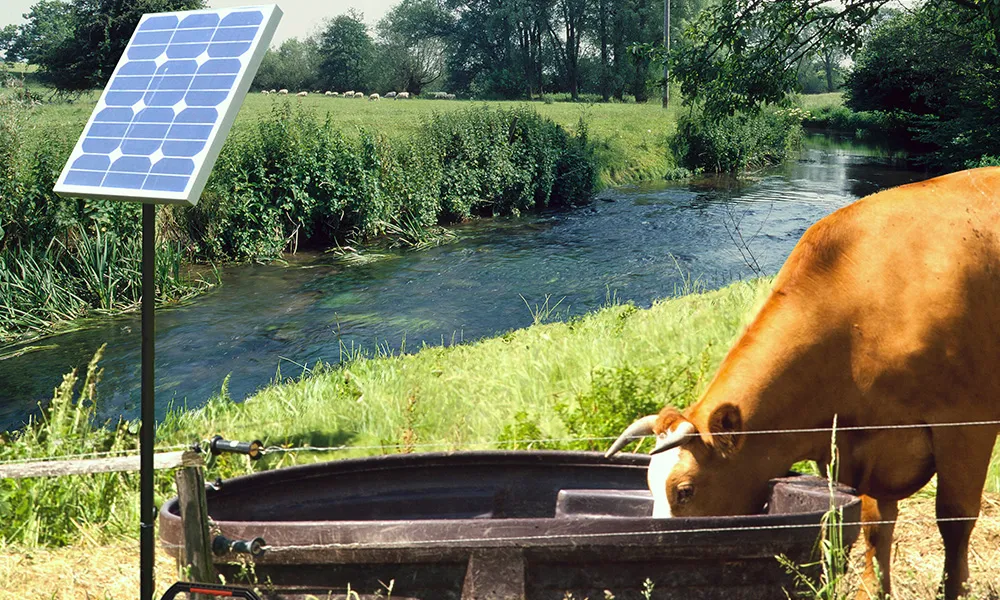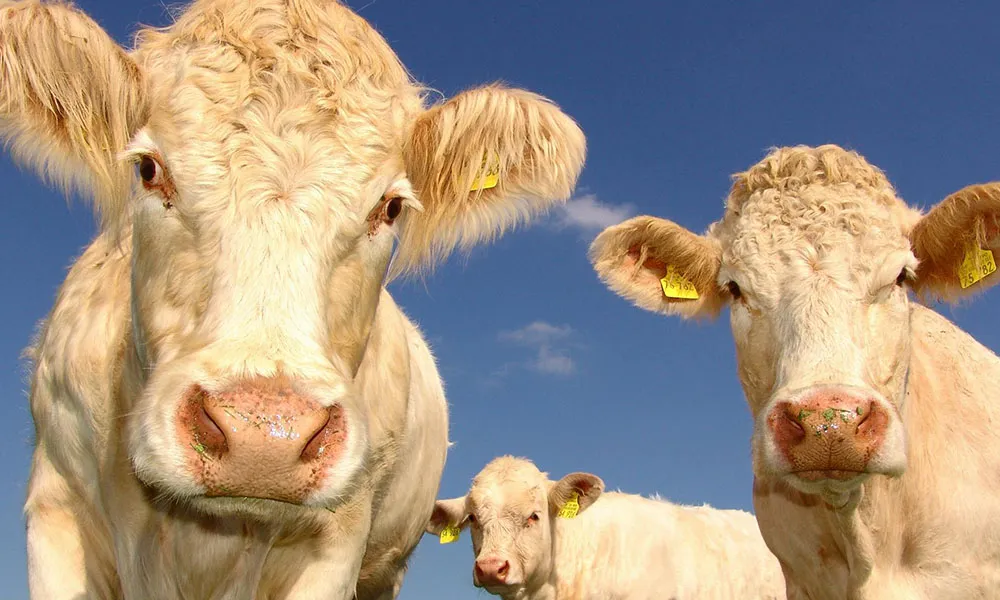
Cow Health
As we face into a new calving season, farmers will be anxious to ensure that cows are in the best possible health. It is hard to overstate how important cow health is to successful outcomes at this time of year. Cows that are in good physical shape will have a far easier time delivering strong, healthy calves. They are also far less likely to encounter difficulties during calving.
Some Important Measures
There are several important measures that we can take to make sure our herd is in peak condition for calving. Some of these are not always given the priority they deserve. For example stress minimization, through the provision of clean, comfortable and well-ventilated housing, if often overlooked as an important contributor to a successful calving season.
However, I would argue that the two most important factors contributing to the success or failure of a calf birth are cow weight and mineral supplementation.
Cow weight
This is perhaps an obvious point, but I am always surprised by the number of in-calf cows I see that are either severely malnourished or overfed. This will always cause problems. Cows that are too fat will likely end up trying to deliver calves that are larger than they should be, inevitably leading to complications. Underfed cows, on the other hand, will often lack the physical strength and endurance needed to deliver a calf unassisted. Both of these situations should be avoided.
Body Condition Score
Measuring Body Condition Score (BCS) is a very effective way of assessing your cow’s physical condition and readiness to deliver a calf. The BCS system ranges from 1 to 5, with 1 representing an animal that is underweight and has no fat on the tail head or hip bones. The ribs on such animals will usually be showing.
On the other end of the scale, an animal with a BCS of 5 is overweight, having no bone structure visible at the tail head and hip bones.
Prior to calving, cows should have a BCS of between 2.5 and 3. At this weight they will be neither too thin nor too fat, but fit and healthy.
Mineral supplementation
Supplementing your cows’ diet with a mineral drench or bolus is an excellent way of ensuring that your animals are in good health at calving time. It is important to remember that not all silage has equal nutritional value. The mineral nutrition of silage actually varies dramatically depending on factors of production such as cutting time, sward type, soil type etc. Therefore, supplementation will allow you to compensate for any potential nutritional deficiencies in feed. Both calf and cow will also benefit hugely from supplementation in the weeks prior to calving.
Essential minerals and vitamins
For best impact, a mineral supplement should be given to cows about 5 weeks before calving. The ingredients list in all supplements should be read carefully before purchase. Of particular importance are Magnesium, Sodium and Phosphorous. Copper, Selenium, Iodine, Cobalt, Manganese, and Zinc are also important elements, while the key vitamins are A, D3 and E.
It is important to note that Calcium does not always need to be administered. While it is essential to overall animal health, this mineral is ubiquitous in a cow’s diet; so unless you know that your animals have a calcium deficiency you should choose a supplement with only a small amount of it.
Supplementation options
There are several potential options when it comes to administering minerals. These include boluses, drenches, mineral blocks and soluble supplements delivered in water. There are pros and cons to each of these. While the mineral block is very effective when cows use it, it is not always the best option as some cows never really take to it.
The bolus, although expensive, is arguably the most potent. Most of these offer a slow release technology, which ensures that cows receive adequate minerals over an extended period of time.
A lot of farmers also like to use dusting, largely because it is cost effective and ensures animal intake (once all cows are given adequate access). If you choose the dusting method, you should ensure that cows receive approximately 210g a day, or as recommended by the manufacturer.











